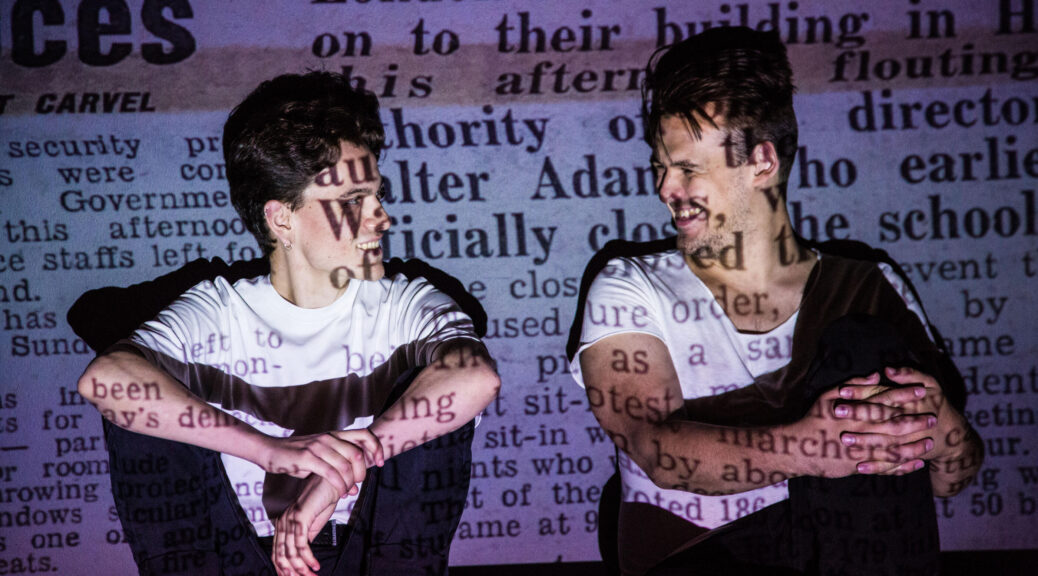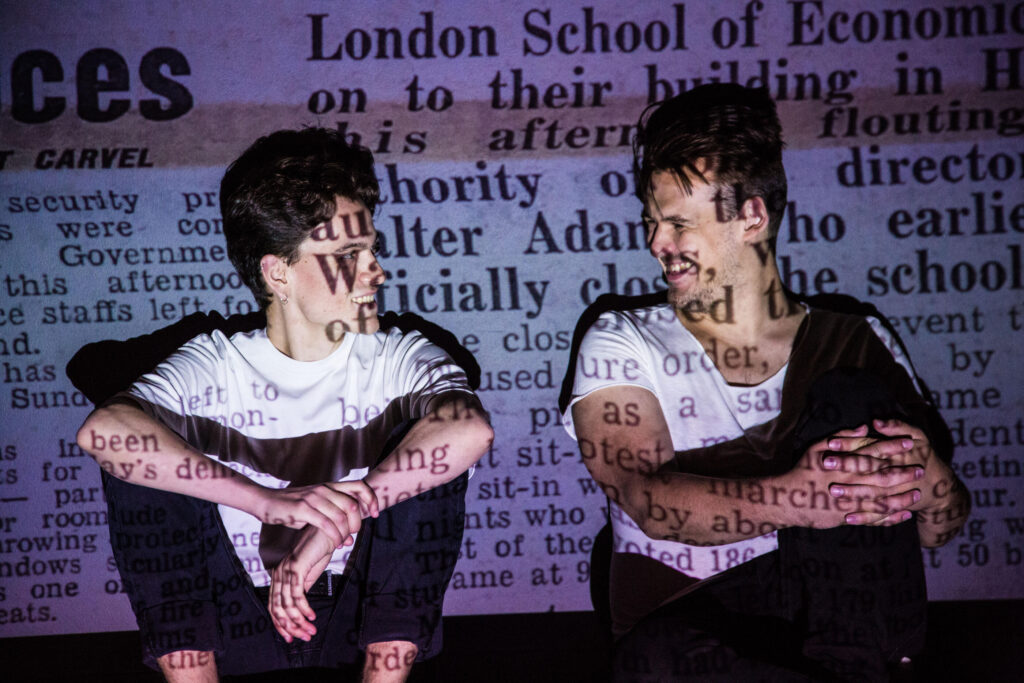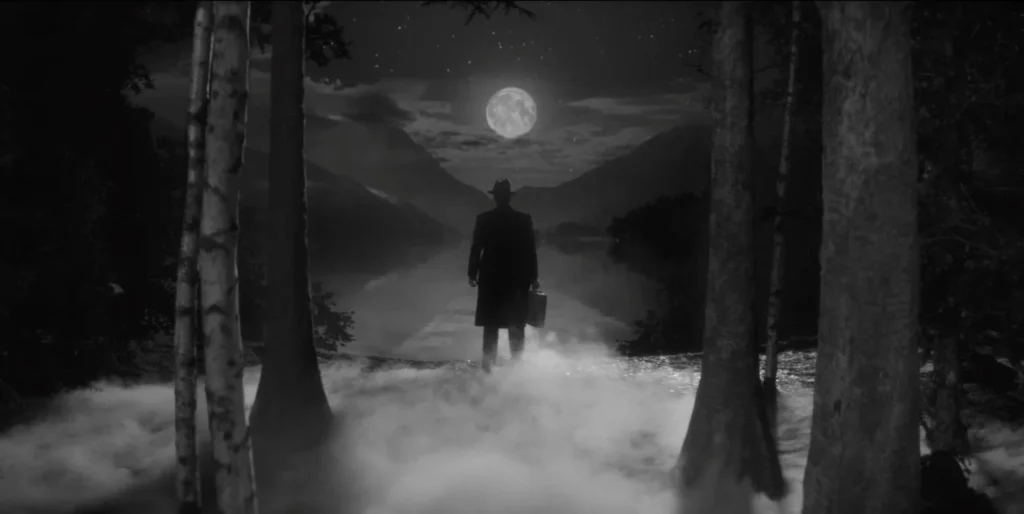
James Ellis writes extensively in Wales and the UK for a variety of publications with a focus on classical, opera, music theatre and performance art. He is a multidisciplinary artist and founded the theatre company Weeping Tudor Productions. James’ performance channel can be found here.
The arts in Wales remain in a very tender predicament. With various difficulties after the pandemic, things are just not back to normal. Through the broad palette of artistic mediums today it would appear, rather shockingly, that only one new feature-length Welsh language film will be released in cinemas this year. This is Tanau’r Lloer or Fires of the Moon, directed by Chris Forster.
Filmed entirely in Wales, specifically Llangollen, Bethesda and Blaenau Ffestiniog, Fires of the Moon goes back to the real location which inspired Un Nos Ola Leuad, or Full Moon in English. Arguably the best novel written in Welsh, Caradog Pritchard’s story of a 1930s slate mining community in North Wales depicts a blistering, harsh world. Though Fires of the Moon is not entirely based on the novel, it heavily leans on it for dramatic and thematic punches.
Opera on film is a rare event. Most notably, the 1980s saw a golden era of La Traviata (1982), Parsifal (1982) and Carmen (1984), all getting defining cinematic offerings. Can it work as well as its over-four-hundred-year history on stage? Through this, I did wonder: is a black and white opera film in Welsh a hard sell?
My enthusiasm for the source material was evident thanks to a rather strong film version of Un Nos Ola Leuad, directed by Endaf Emlyn. From 1991, this was a gateway delight, the acting was well honed, with a noteworthy score by Mark Thomas, perfectly oozing with choirs and lush orchestration. I wish I’d read the novel in translation. It’s rare for me to see a work of media and want to seek out the source material. That must be Pritchard’s power.
With the orchestra of Welsh National Opera under the baton of Iwan Teifion Davies, Gareth Glyn’s Fires of the Moon opera is in good hands. The music, often subtle, doesn’t always have an edge to it, yet is seemingly romantic in tone. The percussion is fairly extensive and you can hear it throughout. The Welsh vocal line glides with the harmony of the orchestra, the words seemingly ironed into the score. The libretto by Iwan Teifion Davies and Patrick Young harkens back to the novel and is inflected with little moments of consideration and pondering. The mood of the novel never really feels evoked; however, the film creates its own ambience from within its illusive atmosphere.
A fantastic array of Welsh talent make up the cast. Huw Ynyr as the leading character Hogyn is good, although may not be mature enough to play a man looking back on his life with so many mixed emotions. Annes Elwy is Jini, a sprite seductress of sexual awakening for Hogyn. Elin Pritchard as the Mam is great in this heartbreaking role, committed to an asylum by her own son. Gossip, shame and shunning all bleed out of the story and Mam is one of the worst to be affected by the deeply toxic community she lives in. While there are few stand out moments, Forster’s direction is solid and cinematography by Ben Chads is fittingly black and white, the monochrome textures adding to the dreamlike story. Imagery of the era’s trains, lakes, the moon (naturally) and woods are all pleasantly ethereal.
The overall result is original and fresh. Sometimes subtle where you wish it would go grand, Fires of the Moon will nonetheless be a milestone in Welsh film and opera. Perhaps unfortunately, there are elements of the film that modern audiences will have no trouble relating to: the film explores the original novel’s themes of loss and mental health, something that nearly 65 years after the novel was published, are still relevant today. There is thankfully more awareness around mental health in 2025, yet the effects of inadequacies across our current mental health provision are still felt across Wales. Perhaps the film’s message is ultimately one of hope; that artistic creation and self-expression might not be the answer to everything, but it can be a means to alleviate suffering.
This being the only new Welsh language cinematic release in 2025, I’d strongly encourage people to go out and find a screening near them. I’ve often encouraged and introduced people to opera and it is one of life’s best things. Seeing Fires of the Moon on the big screen could be a whole new discovery, in an iconic story that isn’t afraid to show another side of Wales. So take the plunge and go savour Tanau’r Lloer.
Fires of the Moon is coming to cinemas across Wales from November 14, 2025.
It was funded by S4C and Creative Wales and has various connections to Wales including producers Patrick Young, Ed Talfan and Emyr Afan, director Chris Forster, screenwriter Marc Evans, and a score performed by the Welsh National Opera orchestra.
Fires of the Moon was filmed in Dragon Studios (Bridgend) and Great Point Seren Studios (Cardiff) and on location in Bethesda, Llangollen and Blaenau Ffestiniog.
This article was commissioned by Film Hub Wales as part of its Made in Wales project, which celebrates films with Welsh connections, thanks to funding from Creative Wales and the National Lottery via the BFI.

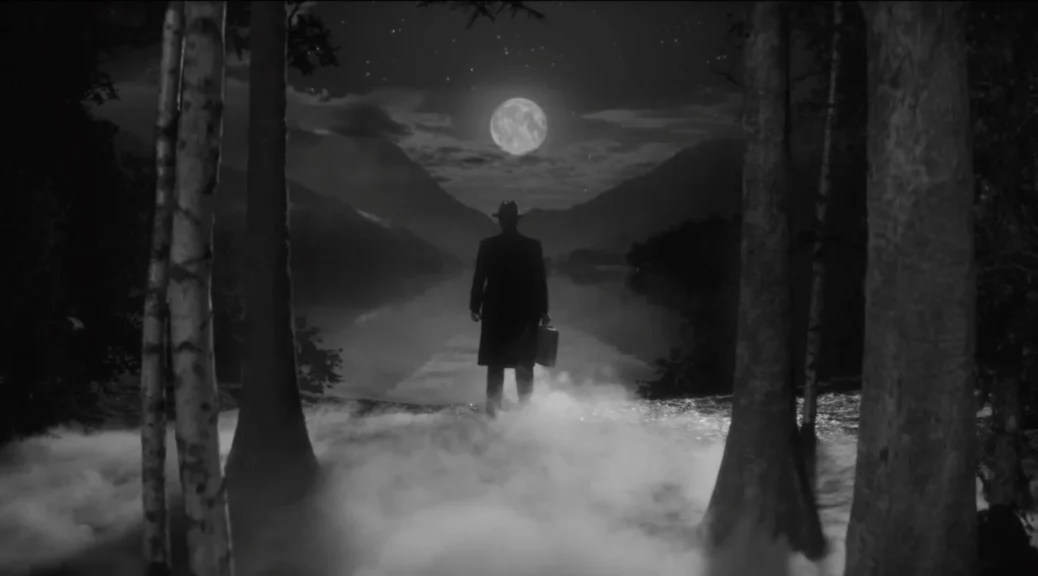
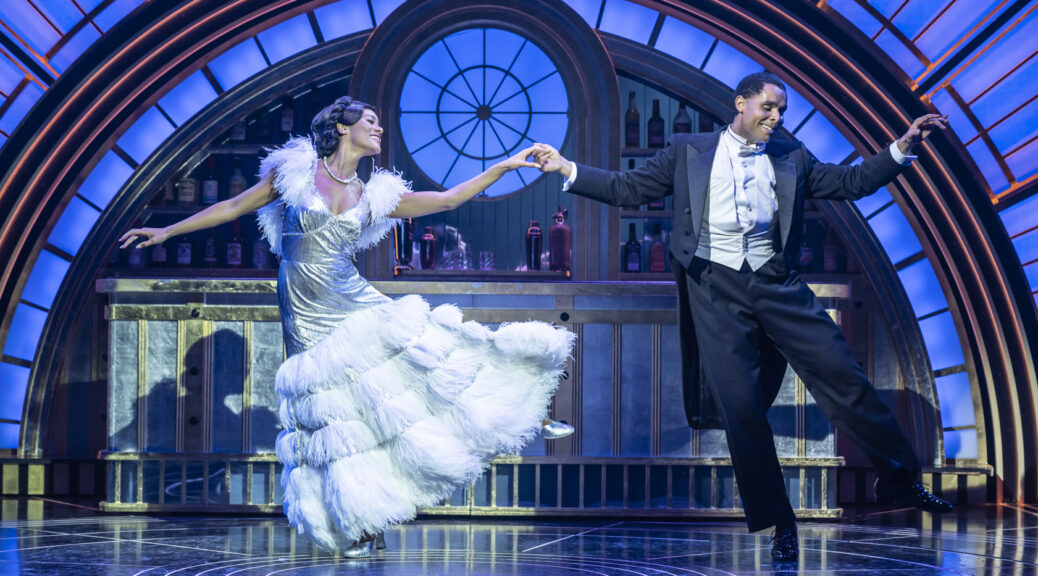
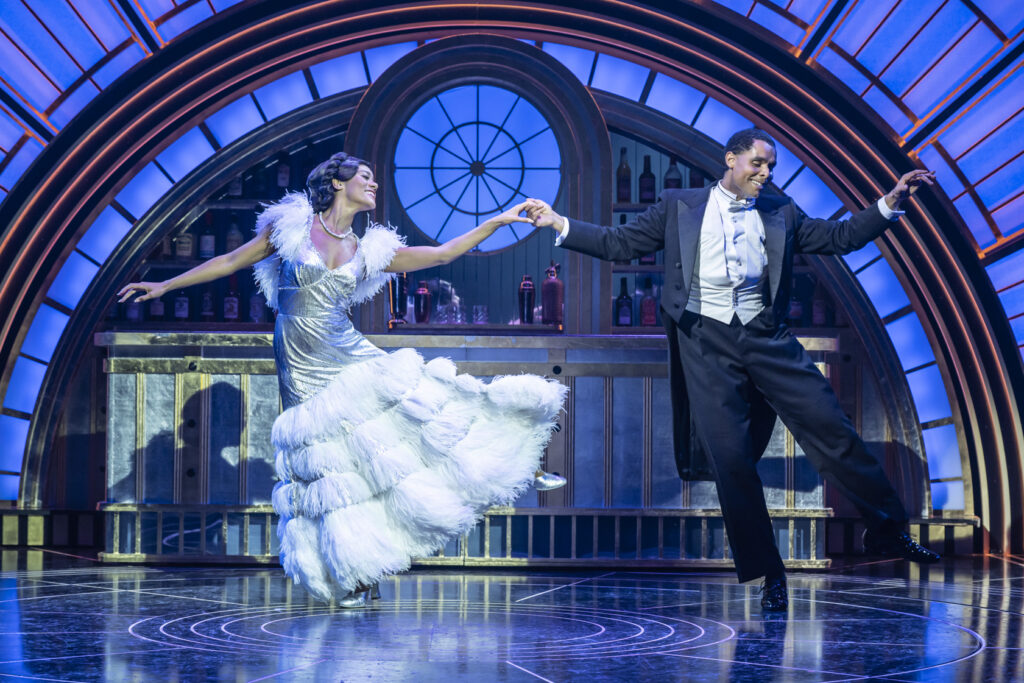
 (4.5 / 5)
(4.5 / 5)
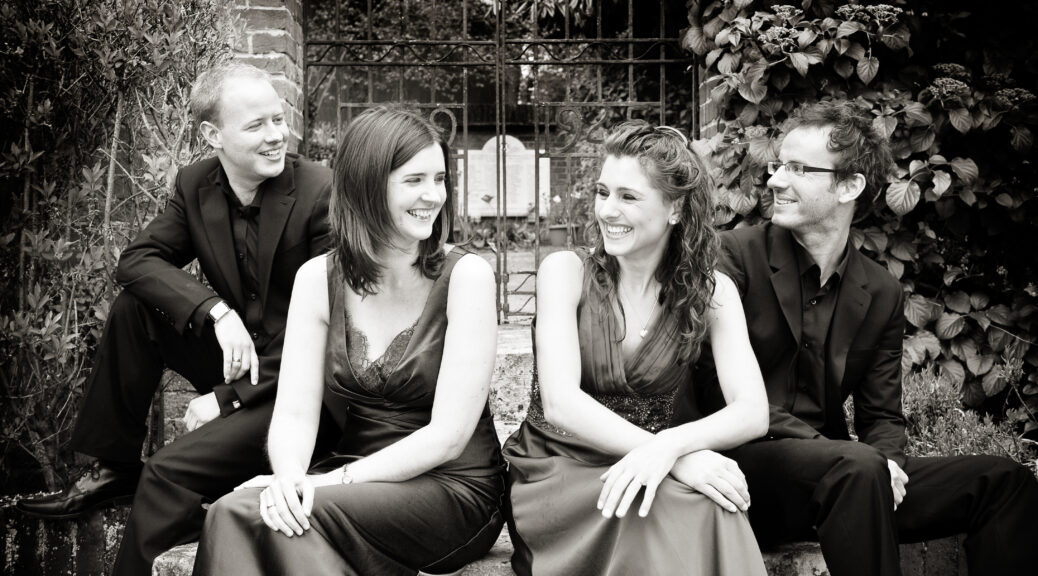
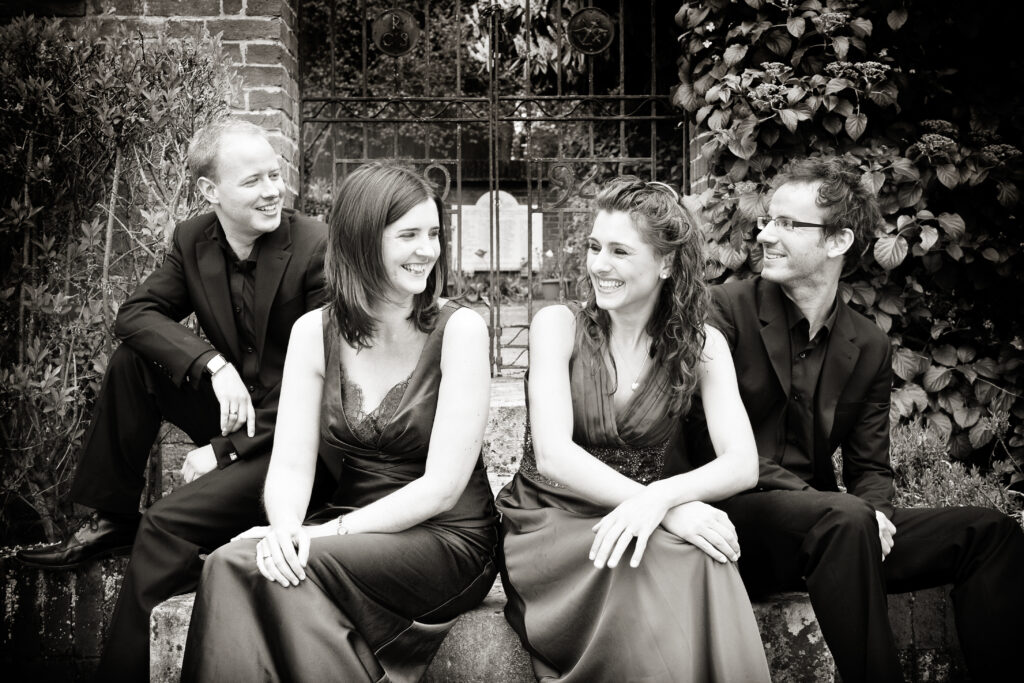
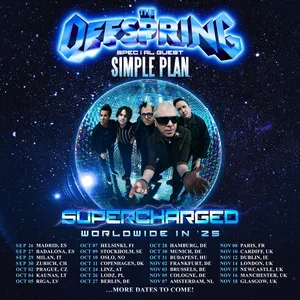
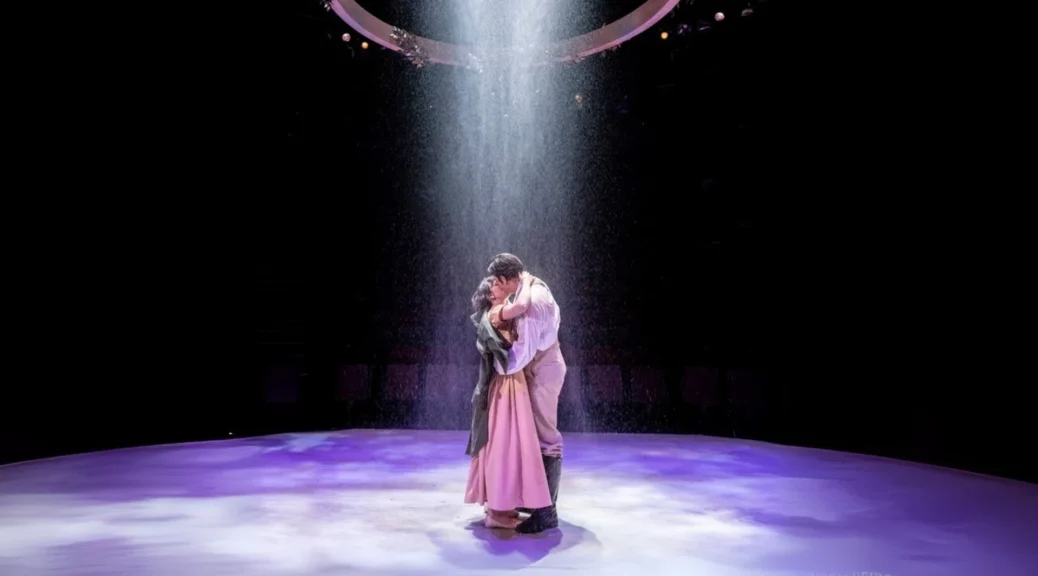
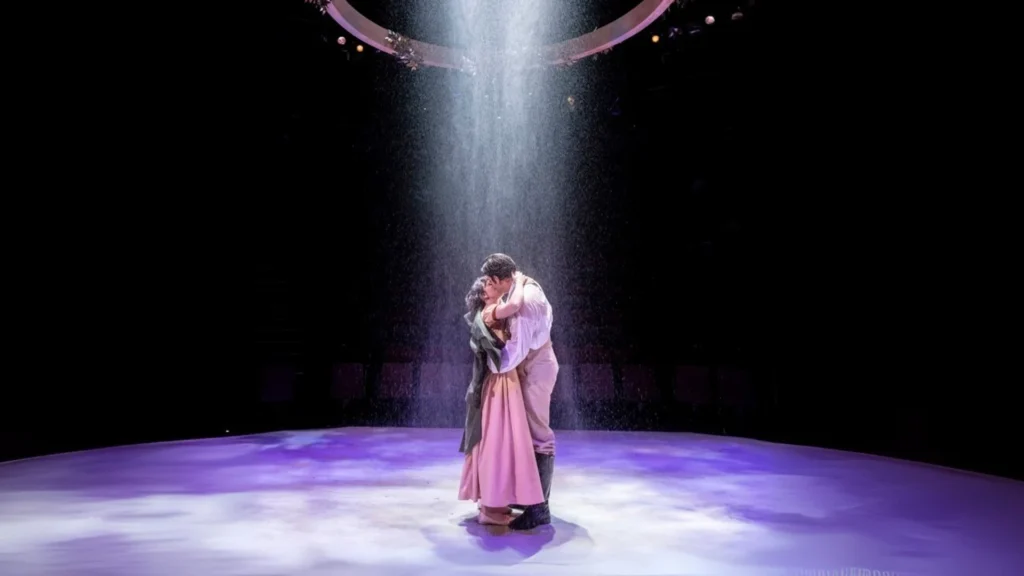
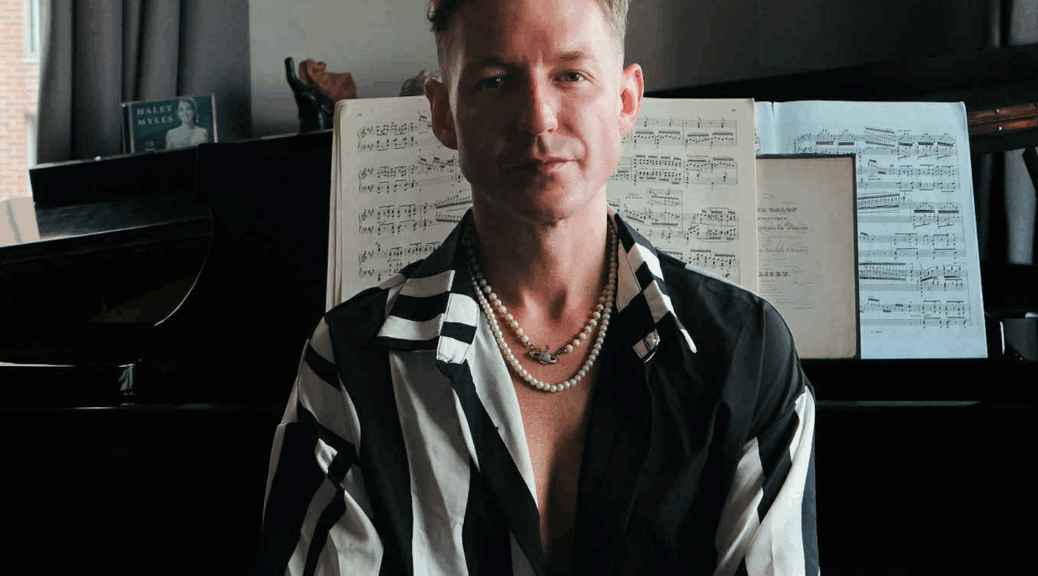
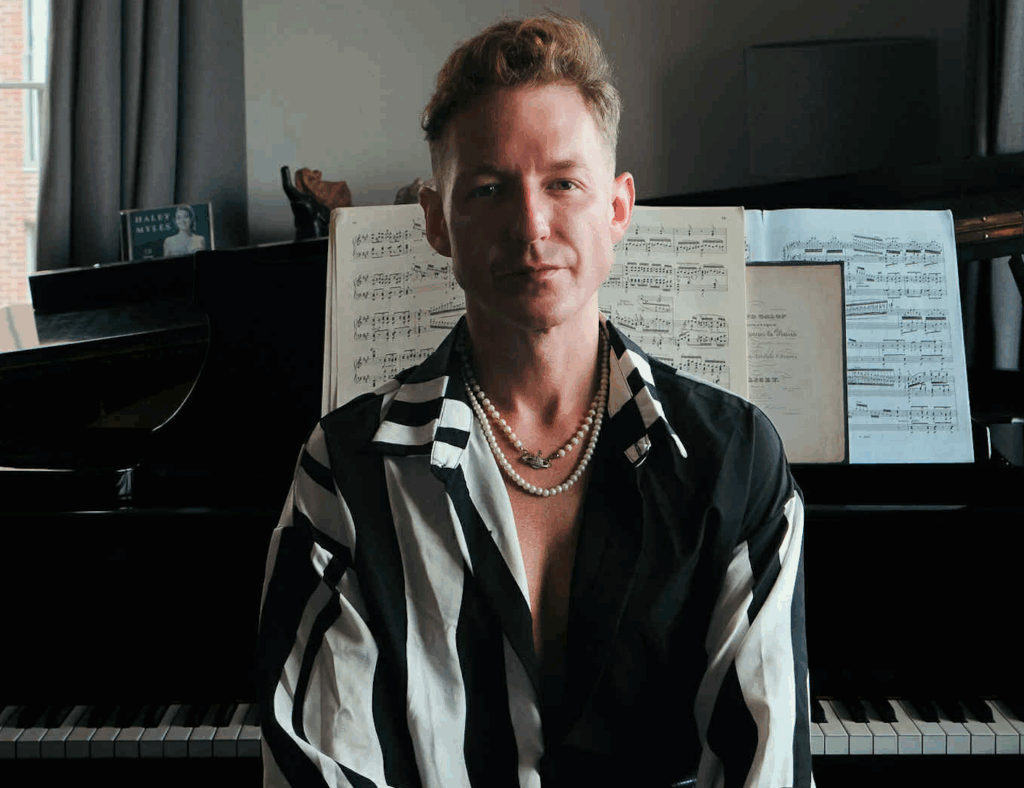
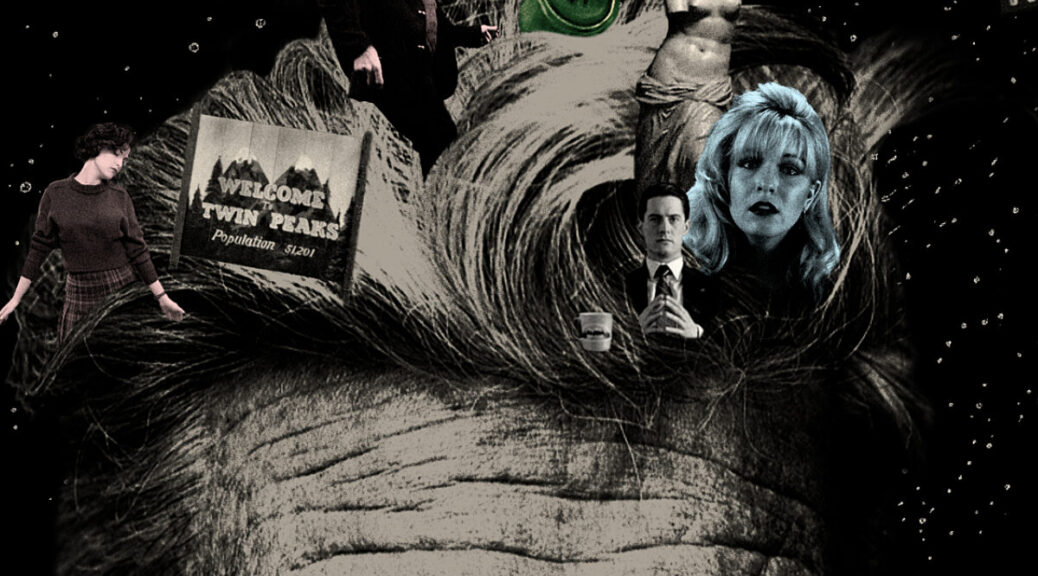
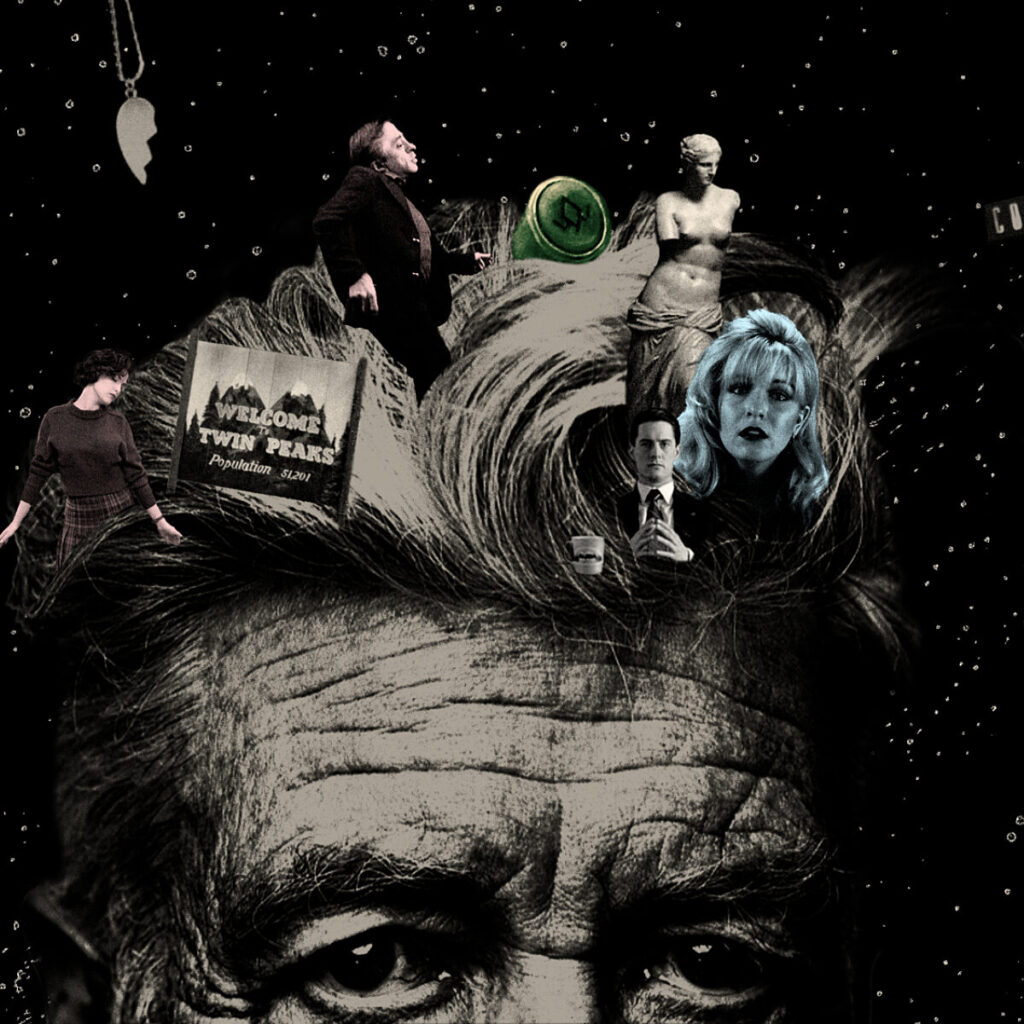
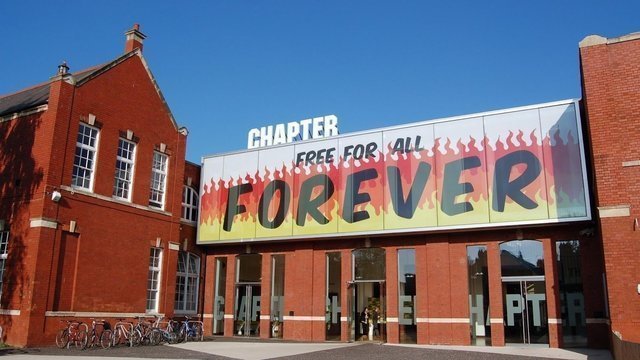
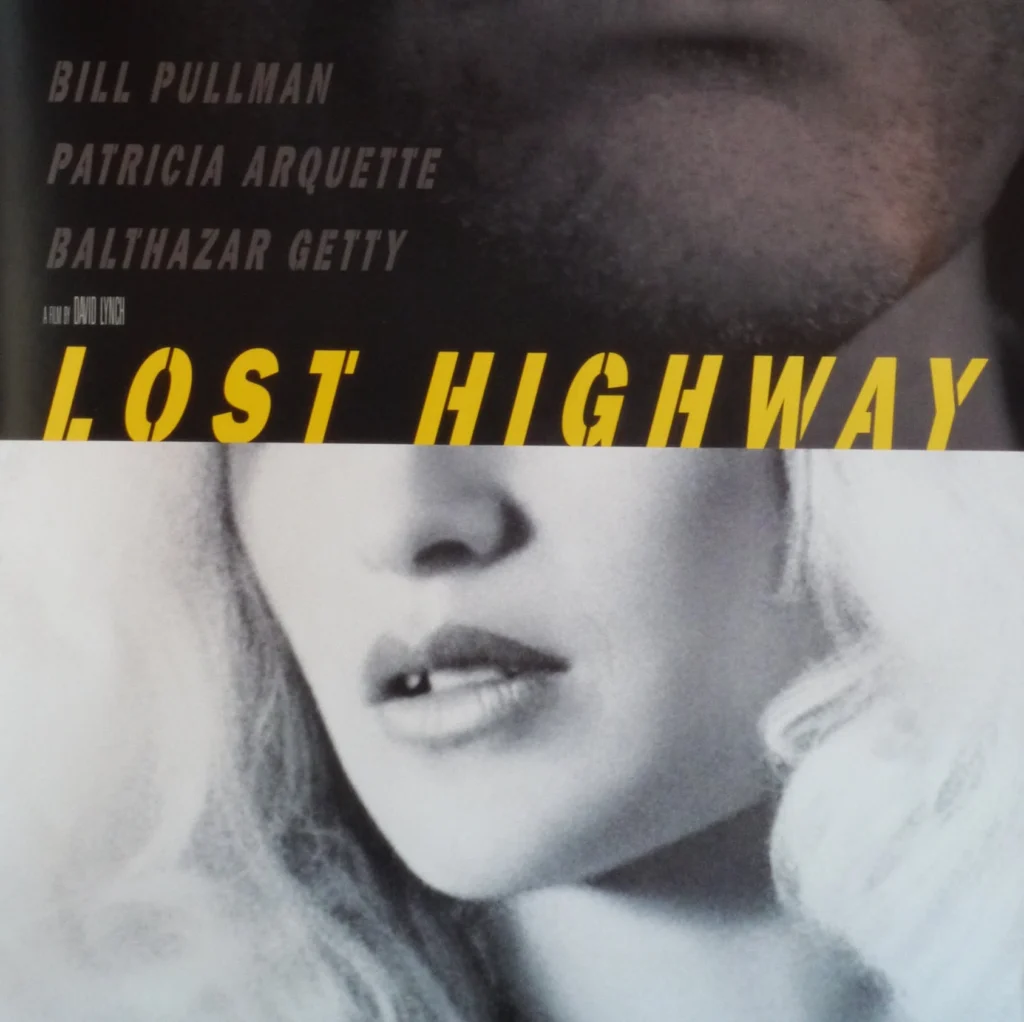
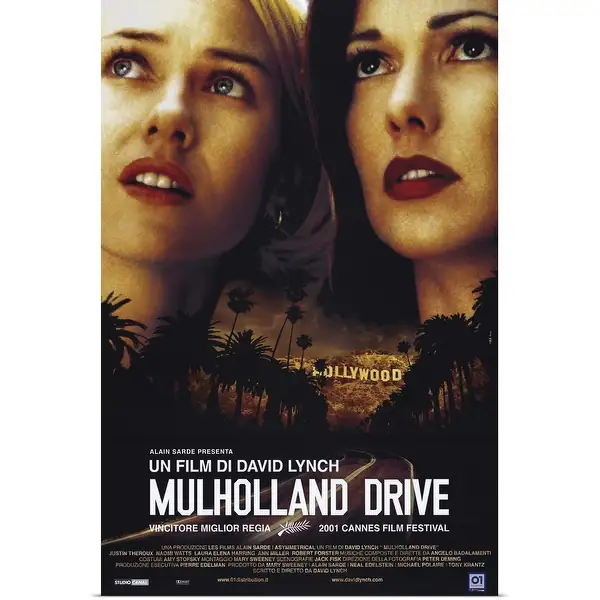
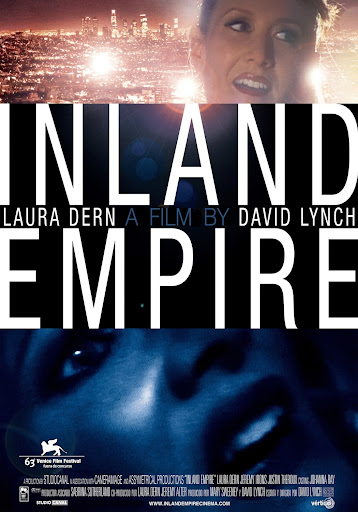
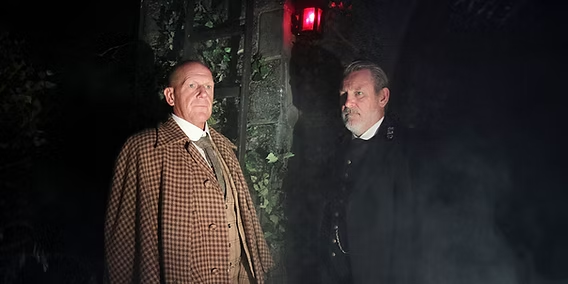
 (4 / 5)
(4 / 5)

